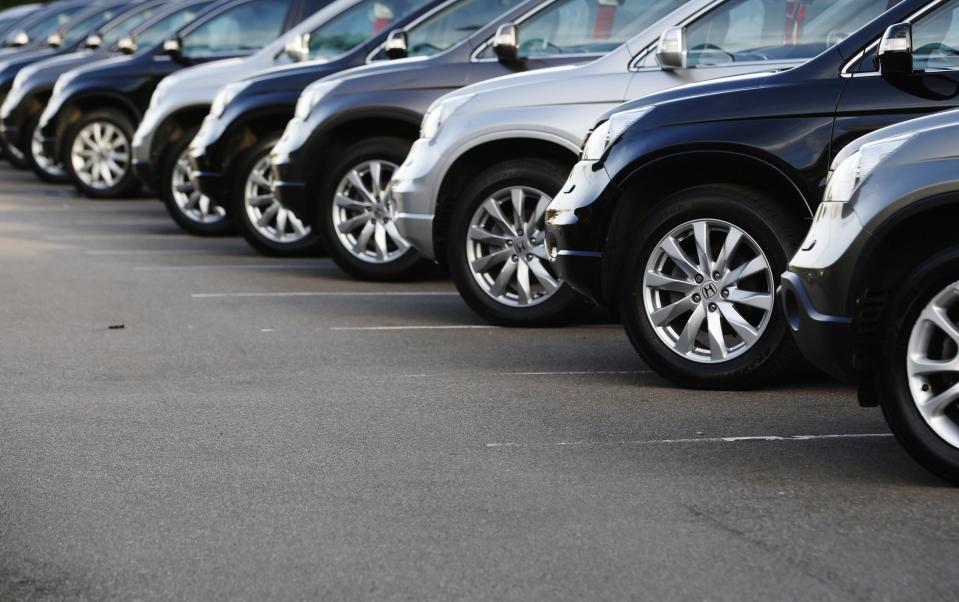UK car leasing costs driven up 9% in a year because of Brexit, research shows

The cost of leasing a new car in the UK has gone up 9 per cent in the space of a year due to the weak pound in the wake of the Brexit vote.
Research by accountancy group UHY Hacker Young shows the monthly cost of leasing a car rose from an average of £232 in February 2017 to £253 in the same month this year, based on a basket of some of the most popular car models in the UK.
The weakened pound is pushing import costs up for motor manufacturers, UHY said, and those companies are beginning to pass the expense on to consumers.
Prices are also being pushed up by strengthening sales in European markets, the accounting firm said, with less stock making its way to the UK.
The three biggest rises in monthly costs were all for German-made cars: the Mini Cooper D, up 31 per cent; the Audi A3, up 23 per cent; and the Mercedes-Benz C220, up 19 per cent.
This is in contrast to the heavy discounting among prestige car makers seen in recent years.
UHY also noted that the three largest cost rises were for diesel models, reflecting the waning popularity of the fuel.
Contract hire providers are likely to be increasing the cost of leases to compensate for the falls they expect in the residual value of diesel cars, the group said.
“UK car buyers have benefited from a period of deep discounting, but that seems to be coming to an end. Now could well be a good time for consumers to change their vehicles before prices rise further,” said Paul Daly, partner at UHY.
“Long-term sterling weakness means manufacturers are having to shift their rising supply chain costs on to consumers.”
On Friday, Jaguar Land Rover announced it would cut 1,000 jobs, with experts blaming both Brexit and the decline of diesel for the company’s difficulties.

 Yahoo Finance
Yahoo Finance 